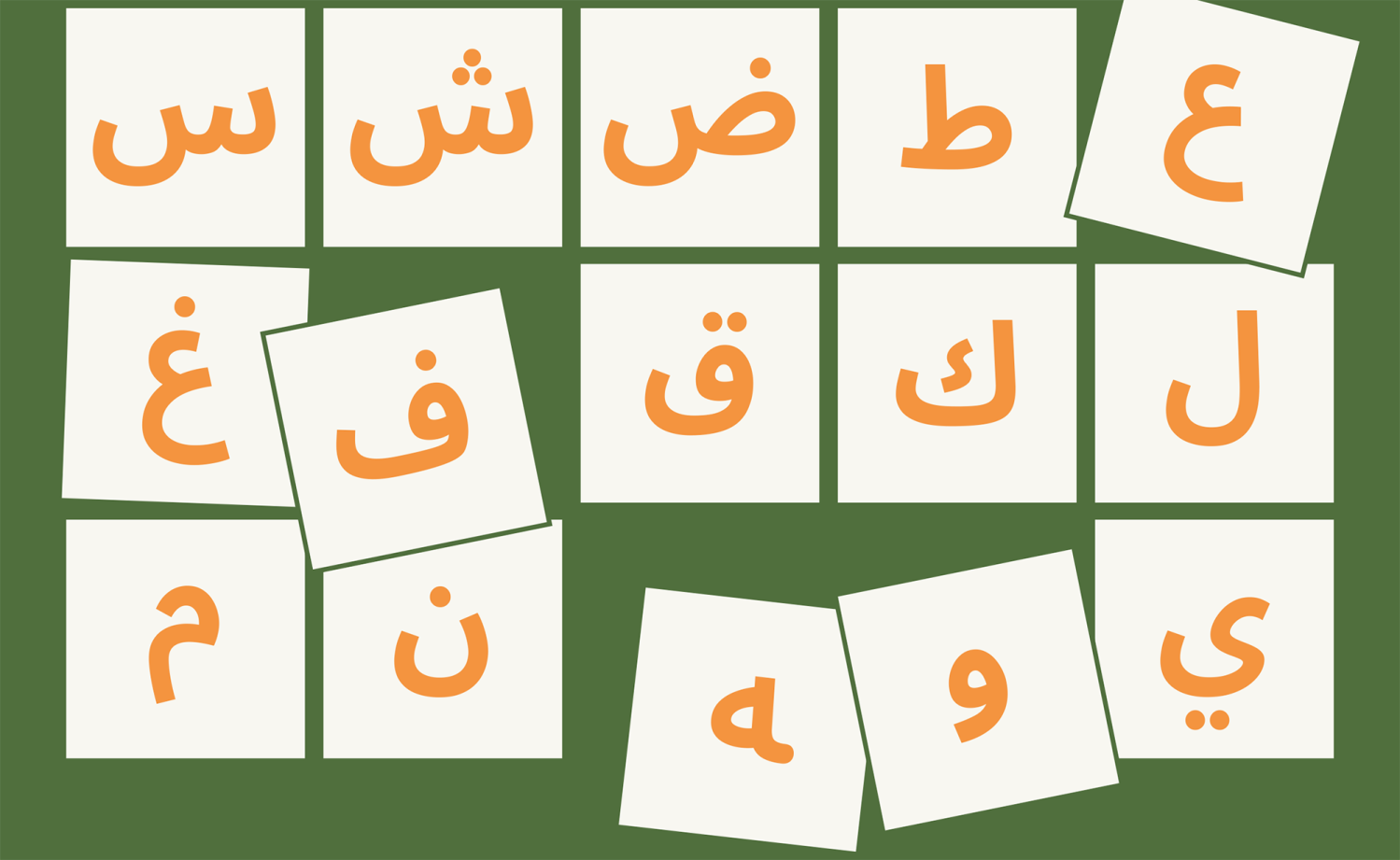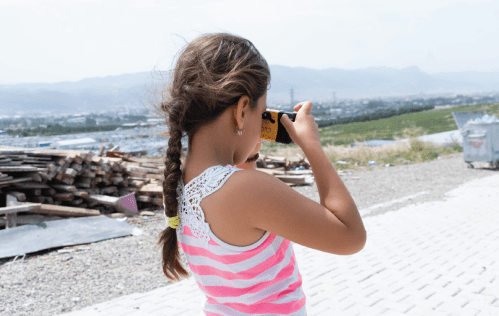How well are education systems creating opportunities for children and young people to learn what matters? The Queen Rania Foundation (QRF) addressed this question through a qualitative study in Jordan examining the integration of holistic education principles into the country’s new Arabic Language curriculum and assessed systemic conditions supporting or constraining implementation. This exploration addresses Jordan’s pressing literacy crisis, where over half of 10-year-olds cannot read and comprehend age-appropriate Arabic texts, while serving a population where more than one-third are displaced from neighboring countries (World Bank 2019).
Drawing on established frameworks for education system transformation—including the four Ps and three Cs—this study provides analytical depth for understanding transformation challenges in refugee-hosting contexts. The research employed a two-phase mixed-methods approach: curriculum analysis of grades 1, 4, and 7 Arabic materials against the Center for Curriculum Redesign’s Four-Dimensional Framework focusing on skills, character, and meta-learning dimensions) (Taylor, Black, Slesinski, and Fadel 2021), followed by four focus groups with principals and teachers and six semi-structured key informant interviews with ministry officials and education stakeholders.
Three interconnected findings emerge that reveal both the promise and complexity of systemic transformation. First, indications of genuine commitment exist across system levels—from MoE officials to classroom teachers—toward prioritizing a breadth of skills and holistic learning approaches. Second, insufficient capacity undermines implementation despite this commitment. Structural barriers including fragmented teacher training, overcrowded classrooms, content-heavy assessment systems, and resource constraints collectively limit the system’s ability to transform the pedagogical core and translate holistic ideals into meaningful classroom practice. Third, and most critically, systemic incoherence and concentrated power structures create fundamental misalignment across transformation components. Resource constraints, limited local ownership, and the mismatch between holistic principles and Jordan’s content-heavy curriculum and related assessments prevent authentic ownership of transformation efforts. Notably, student and family voices remain absent from educational transformation processes, creating misalignment between system goals and learner priorities.
Based on these findings, the study recommends two primary interventions: (1) centering students, families, and community voices by engaging them in defining educational purpose and education system transformation priorities, and (2) aligning the “pedagogical core” via comprehensive curriculum mapping, competency-based assessments, and systematic teaching capacity strengthening to support education system transformation toward a breadth of skills. These findings contribute to the understanding of education system transformation challenges and opportunities in refugee-hosting contexts, and offer insights for sustaining educational transformation in resource-constrained environments. This research shows that curriculum reform alone cannot drive systemic change without aligned reconfiguration in assessment systems, teacher preparation, resource allocation, and power structures, while highlighting the importance of student and family involvement in re-envisioning the purpose of education.
The Brookings Institution is committed to quality, independence, and impact.
We are supported by a diverse array of funders. In line with our values and policies, each Brookings publication represents the sole views of its author(s).




